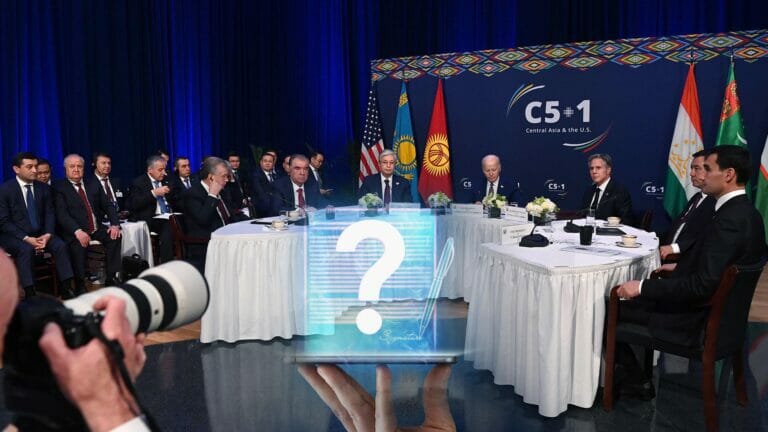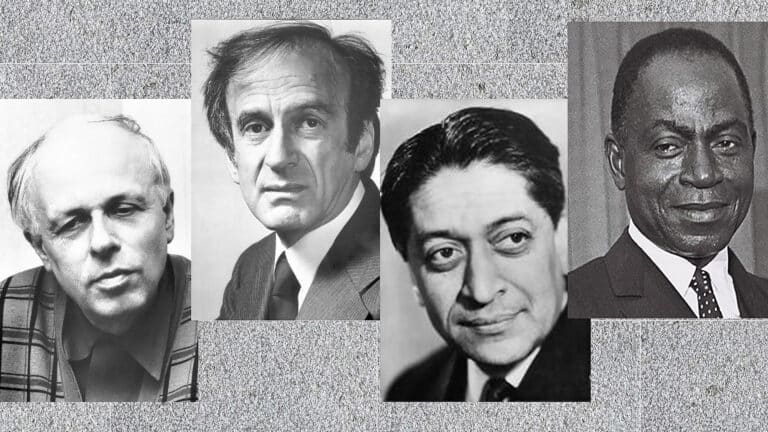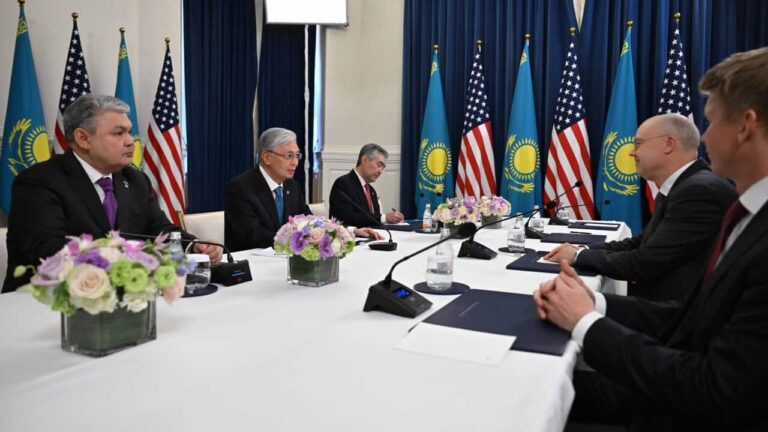
According to Gulbanu Maigarina, head of the Central Asian Association of Franchising, investors from Central Asia are interested in purchasing franchises from Kazakhstani companies to build their businesses based on successful business models.
«A relatively large quantity of Kazakhstani companies have franchises in Central Asian states. For instance, Lanzhou has franchises in five countries, including Uzbekistan, Tajikistan and Kyrgyzstan. Uzbekistan and Russia account for the vast majority of Kazakhstani franchises,» the expert said.
On May 22, an international summit of franchise associations from Turkic states was held in Astana. Guests from Azerbaijan, Kyrgyzstan, Turkey and Uzbekistan came to the capital city of Kazakhstan to sign a memorandum of cooperation and help each other in attracting new investors.
«Turkic states are very interested in Kazakhstan. This is why they have come to us. We are a rapidly growing economy and, in some areas, we can be a role model for others,» Maigarina noted.
According to the expert, the retail and food industries account for 55% of all franchises. However, nobody can say how many Kazakhstani companies have franchises abroad because the franchise market is free from any regulations in Kazakhstan.
«Only 2,800 franchise agreements are registered in Kazpatent, although many more are in the market. About 900 of them are just franchises of the Olymp lab. Entrepreneurs are reluctant to register their franchise contacts, which is wrong. No registration, no legal protection of investors. They should be interested in legal registration of a franchise more than anybody else,» Maigarina noted.
In theory, every entrepreneur can be a franchiser. All he needs is to wrap up his business nicely and put it on sale. Even though it is absolutely legal, it shouldn’t work this way, Maigarina points out.
«Any business model must be examined. It also should be appealing and financially sustainable. An owner has to be able to wrap up the product into a franchise package and do it right. There must be a managing company that would supervise the entire process. We need a single standard and compulsory training for a team. This is kind of a checklist. Once it is done, you can launch a franchise,» the expert underscored.
Currently, franchisers bear no legal obligations to their partners. That is why it is too risky for investors. They could purchase a franchise that may turn out to be unsuccessful. In the U.S., for example, a franchiser would be fined for not facilitating an investor after he has purchased a certain franchise. Of course, all these issues stem from the country’s legislation. In the case of Kazakhstan, nothing has changed in the franchise sphere since 2002, according to Maigarina.
«We are going to establish a single platform where the most interesting franchise would be placed. We will review every company before letting them get on the platform. We also want to create a register of good franchisers. Our goal is to inform investors from whom they can purchase a franchise, in what business it would be better to invest and what exactly they should receive from a franchiser after a purchase,» the expert said.
A franchise is a joint venture between a franchiser and a franchisee. The latter buys a ready-to-use business model and trademark in return for regular payments (royalty) in favor of a franchiser.













